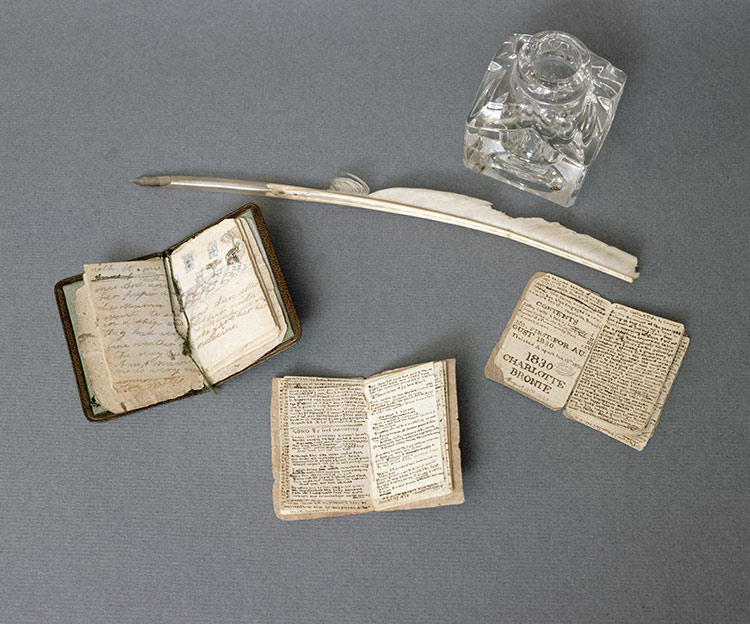A Biographical History of Eminent and Self Made Men of the State of Indiana
Vol 2
Western Biographical Publishing Co.
Cincinnati Ohio 1880
DAWSON, JOHN W., of Fort Wayne, was born October 21, 1820, at Cambridge, in Dearborn County, Indiana, and died September 10, 1877. The Dawson family came to this country from England, and settled on the eastern shore of Maryland. John Dawson, the father of the subject of the sketch, removed from Maryland to Loudoun County, Virginia, in 1775. When quite a young man he explored Tennessee. He went to Kentucky in 1799, where he was married to Susannah Jackson. In the same year he crossed over the Ohio River at Lawrenceburg, twenty-five miles below Cincinnati, and settled at Cambridge, Dearborn County, Indiana. His father, Charles Dawson, came directly from Virginia a few years later, bringing with him a family of negro slaves by the name of Curtis, who were freed some time after. He died in 1817, and was buried at Georgetown, Dearborn county, Indiana. He had a large family, among whom were four sons-John, Thomas, Charles, and Elijah, and three daughters-Ruth, Betsey and Polly. The names of the others are now forgotten. Thomas emigrated farther west in 1820, and never returned. Elijah moved to the vicinity of Indianapolis in 1821, where he died a few years ago. Many of his children survive him. In 1806, seven years after leaving Kentucky, John Dawson moved to a farm adjoining the village of Cambridge, where he died. He brought up a large family of children, only two of whom are now living-Harrison Dawson, who occupies the homestead, and Mrs. Hulda Johnson. Another of his children was R. J. Dawson, who removed to Fort Wayne in 1832. He was for a time in the land office, and afterwards studied law, Thomas Johnson. He became widely known by his talents and wealth.
John W Dawson received the greater part of his education in the common schools of Cambridge. From this place he removed with his parents to a farm near the village of Guilford, on the Indianapolis and Cincinnati Railroad, seven miles from Lawrenceburg. Here he assisted his father until March, 1838, when he went to Fort Wayne, and attended school until the middle of October of that year. At that time he became clerk in the office of the Receiver of Public Moneys, which was held by his brother-in-law, Colonel John Spencer. Though quite young, he performed the duties faithfully until December 31, 1839, when Colonel Spencer's term expired, and Mr. Dawson retired with him. In February, 1840, he went to Iowa, but returned in April of the same year, and entered Wabash College, at Crawfordsville, Indiana. Here he remained a part of two years, diligently pursuing his studies. After leaving college he entered the law office of his brother-in-law, Thomas Johnson, one of the most prominent attorneys of Northern Indiana. He remained there until 1843, when he was admitted to the bar at the March term of the Wells County Circuit Court. Shortly after he opened a law office in Augusta, then the county seat of Noble County; but, upon the death of Mr. Johnson in the fall of the year, he returned to Fort Wayne, and took charge of Mr. Johnson's law business. In 1847 he went to Lexington, Kentucky, and entered upon a course of study in the law department of Transylvania University. Close application soon impaired his health, and he was obliged to return home. After remaining a short time among his friends at Fort Wayne, he proceeded to his old home at Dearborn County, where until 1853 he was engaged on his farm and in keeping a country store. In August of that year, his health being very much improved, he returned to Fort Wayne, and, in company with T. H. Hood, leased the Fort Wayne Times, a Whig paper, then owned and conducted by G. W. Wood & Co. Mr. Dawson became its editor, and, September 1, 1854, purchased the office, and became sole proprietor. One of the most exciting and dangerous epochs in the political history of the United States commenced at this time. The repeal of the Missouri Compromise produced a profound sensation throughout the land, both in the North and South. In Indiana the People's or Anti-Nebraska party was the outgrowth of this repeal, and Mr. Dawson soon became a recognized leader in politics. His paper was bold and progressive, yet not in the precise direction of the radical antislavery element, for on that point he was eminently conservative, and warred against the extreme doctrine as being dangerous to the liberties of a country that maintained itself through the elective franchise. The People's party gave Mr. Dawson the nomination for Secretary of State, and he made a vigorous canvass in the northern counties of the state; but, with the national and State Anti-Democratic tickets, he was defeated, although he ran considerably ahead of his ticket. On the 4th of November, 1855, Mr. Dawson was married to Miss Amanda M. Thornton, a most estimable lady. The ceremony was performed at the Second Presbyterian Church, by Rev. E. Curtis, the pastor.
Shortly after the accession of Abraham Lincoln to the Presidency Mr. Dawson was appointed Governor of Utah. The Mormon portion of the territory was at that time in no favorable mood towards the general government. Congress had passed laws looking to the abolishment of polygamy, and when Mr. Dawson arrived he found an intense feeling against those sent to administer them. He gave them to understand that the civil authorities must be respected and the laws obeyed, and consequently on him centered all their hostility. As he was returning from Salt Lake City, after a residence of six months, he was followed by a gang, who waylaid, robbed and seriously injured him. From its effects he suffered long and terribly, and never fully recovered. All were engaged in this outrageous proceeding afterwards came to violent deaths-the last two just two years and twelve days after the deed was done. Mr. Dawson was in many respects a remarkable man. He possessed in an eminent degree those qualities which adorn and elevate mankind. In politics, he never resorted to petty schemes to secure success for himself and party, and in all his dealings was scrupulously honest. His convictions were strong and well grounded, and he contended for them vigorously. No one could mistake his opinions upon any question of public interest. He courted discussion, and wielded a powerful pen in argument. The public good was his sole aim, and to this end he advocated comprehensive internal improvements. He guarded the free schools, and warmly defended all elecmosynary institutions. Mr. Dawson mental organism was well balanced. His powers of analyzation were great. He seemed to see by intuition the chief points in a case, and used them to good advantage. His editorial career during the stormy political times preceding the late war brought him into many sharp discussions with various classes of men, who were invariably forced to succumb. This created jealousies, which engendered much hard feeling and base slanders on the part of his opponents; but they never deterred him from what he deemed right, and he lived to see their calumnies fade away and his character stand out clear and unspotted. One of Mr. Dawson's prominent characteristics was his charity. The worthy needy were never turned from his door unrelieved. His acts of kindness were done unostentatiously, and from pure motives. The immediate caused of Mr. Dawson's death originated in dyspepsia, which affected both the bronchial and pulmonary organs. He suffered much, being frequently confined for weeks to the house. He visited a number of hygienic institutions, and consulted the most eminent medical practitioners in the country, without receiving any permanent relief. As soon as he realized that the end was near he began, with his customary method, to arrange all his affairs. His death, though not unexpected, was sudden. His mind was unimpaired to the last, and he passed calmly and almost imperceptibly away. The bar association passed resolutions indicative of their high esteem for his character, their sorrow in his death, and sympathy with those bereaved. They also attended his funeral in a body. Thus passed away a great and good man, one who thought and acted from inward convictions of right, and regarded conscious integrity of more value than popular applause.

